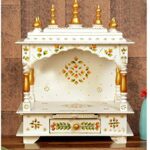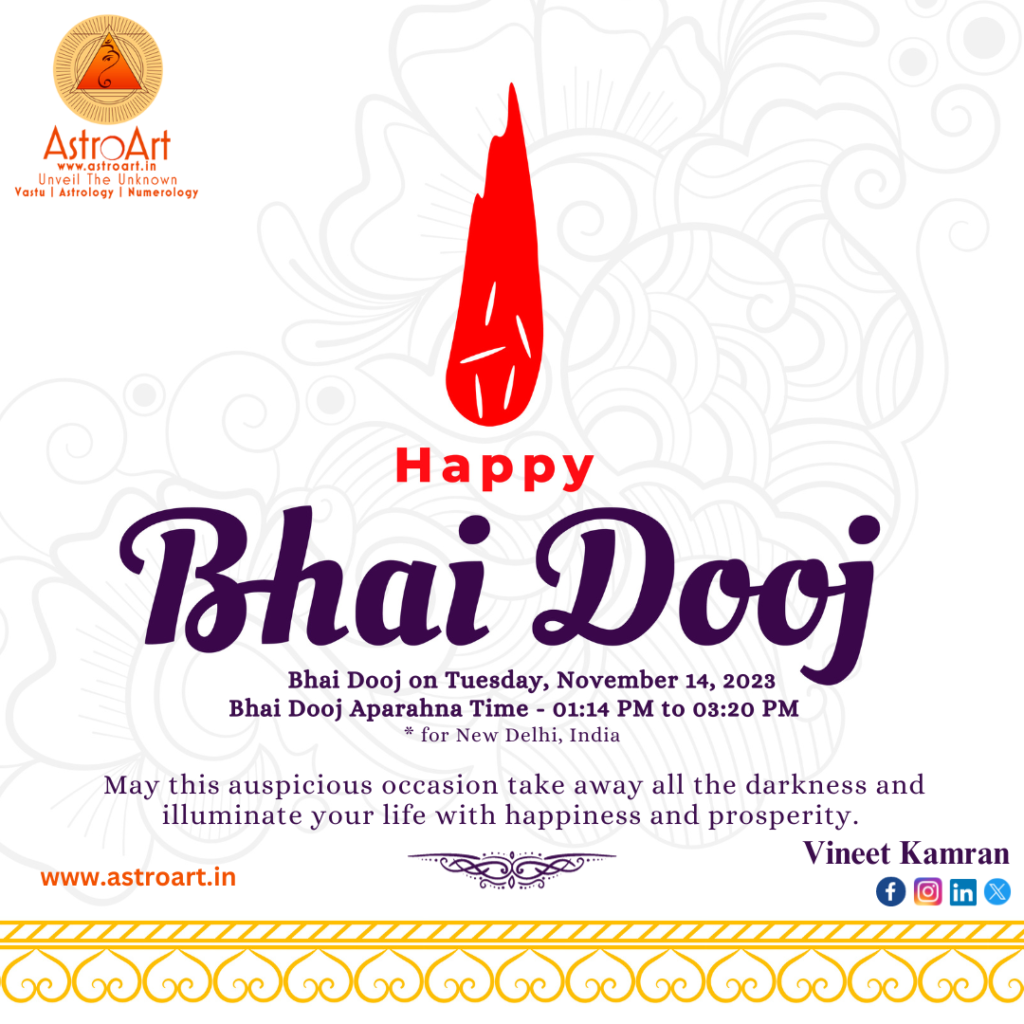Introduction
In the vibrant tapestry of Indian festivals, Bhai Dooj stands as a remarkable celebration of sibling love and the unbreakable bond between brothers and sisters. Also known as Bhai Beej or Bhai Tika, this festival is celebrated with immense fervour and enthusiasm in various parts of India. In this blog, we’ll delve into the significance, customs, and the heartwarming spirit of Bhai Dooj.
The Significance of Bhai Dooj / Why Bhai Dooj is celebrated?
Bhai Dooj, which falls on the second day after Diwali, holds a special place in the hearts of millions of Indians. The name “Bhai Dooj” itself carries its essence: “Bhai” means brother, and “Dooj” signifies the second day after the new moon. This festival is a day to celebrate the unique and enduring bond between siblings.
The historical and mythological origins of Bhai Dooj are rich and varied. One popular narrative relates it to Lord Krishna, who, after vanquishing the demon king Narakasura, returned to his sister Subhadra. She lovingly welcomed him with a tilak (vermilion mark) on his forehead, which is now a customary practice among Indian sisters on Bhai Dooj. Another legend associates Bhai Dooj with Yama, the god of death, and his sister Yami. Yami invited her brother Yama to her home, and in return, Yama blessed her with immortality. This story highlights the power of sibling bonds, transcending even death.
Customs and Rituals of Bhai Dooj
Bhai Dooj is a day filled with heartwarming customs and rituals that celebrate the sibling relationship. Some of the key traditions include:
Tilak Ceremony: Sisters apply a tilak on their brothers’ foreheads as a gesture of love and protection. This tilak is often made from a mixture of sandalwood paste and kumkum (vermilion) and is accompanied by heartfelt prayers for their brothers’ well-being.
Aarti and Sweets: After applying the tilak, sisters perform an aarti, a ritual of waving a lit lamp in a circular motion in front of their brothers, symbolizing the dispelling of darkness and negativity. They then offer sweets and gifts to their brothers, signifying the sweet and joyful moments they share.
Exchange of Gifts: Bhai Dooj is a day of gift-giving. Brothers often express their love by giving their sisters presents, while sisters reciprocate with gifts for their brothers. These gifts are tokens of appreciation for the love and support they provide to each other.
Fasting and Feasting: On this day, sisters may choose to fast until they complete the Bhai Dooj rituals. After the tilak ceremony and prayers, the family comes together to enjoy a sumptuous feast, savoring traditional dishes and sweets.

Industrial Vastu: Enhancing Productivity and Prosperity in Your Factory

Vastu Directions: Unlocking the Secrets to Prosperity in Vastu Shastra





